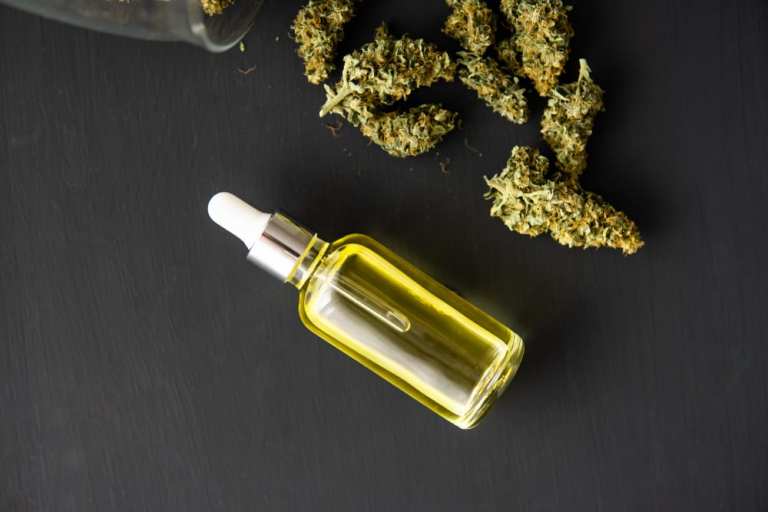CBD And Cannabis Industries Attract Payments And Compliance Players

When it comes to the new and emerging legal cannabis industry – along with the closely related trade in CBD products – payments and compliance issues, as one can imagine, have tremendous importance, and companies are striving to get into the game via those angles. The latest example comes from LegitScript, which sells verification and monitoring services for online pharmacies.
While CBD does not get people high, it does reportedly relieve stress and pain.
According to a release on Monday (July 1), the company has “launched a new certification program for legally compliant CBD products and websites. Starting today, U.S. manufacturers and merchants can apply through LegitScript to certify CBD products and websites that are in compliance with USDA, FDA, FTC and DEA regulations, as well as state-specific laws.”
The Legal Situation
“Although some CBD products are now legal federally in the U.S., many remain illegal – particularly nearly all ingestible products and those containing more than trace amounts of THC,” said LegitScript’s CEO John Horton, referring to the active ingredient in marijuana. “The LegitScript seal gives internet platforms, banks and consumers confidence that merchants are complying with applicable laws and that product ingredients have been tested to ensure the absence of psychoactive ingredients.”
According to that statement, “LegitScript will review and monitor marketing claims to protect consumers and ensure compliance with FDA and FTC guidance.” The company said its “services are used by regulatory authorities, credit card companies, search engines and eCommerce platforms worldwide.”
The CBD industry, while under increasing regulatory and political scrutiny, keeps on growing. And that is providing opportunities for various companies involved in digital payments and commerce. For instance, Square, the digital payments company, recently said it is getting into the CBD market, launching a payment processing service for the industry.
Forbes reported that a year after CBD, which is derived from hemp, was legalized in the U.S., Square is stepping in to help businesses in the sector that still struggle to access basic financial services. The industry continues to have trouble processing payments and maintaining bank accounts, and Square appears to want to help. “Square is currently conducting an invite-only beta for some CBD products,” a spokesperson for the company told Forbes in an email. The spokesperson went on to say that Square pays attention to changing public policies and aims to find new opportunities for its customers as a result of them.
CBD and marijuana supporters hailed the move by Square, with Morgan Fox, a spokeswoman for the National Cannabis Industry Association, welcoming the service. “Forward-thinking companies are stepping in to fill the gap created by outdated federal banking policies, and helping address the problems caused by a lack of financial services in the cannabis industry,” Fox said in the report. “Lawmakers should take heed and open this space to all financial institutions.”
CBD Growth
Despite those uncertainties, CBD is attracting attention and interest from major retailers. Executives at top chains such as Target and Walmart have reportedly been meeting with makers of products that are infused with the ingredient.
Chains are also reportedly asking for samples of CBD items in addition to pricing data and lab results. And while much of the “bonanza” has involved small stores, some larger chains have started to offer CBD-infused topical creams to help with pain and wrinkles in states where they are allowed.
The news comes as it was reported in February that the U.S. CBD market continues to grow, with almost 7 percent of Americans saying they use the substance. The market could reach $16 billion by the year 2025, per a Cowen & Co. analysis. For its January survey, the firm questioned 2,500 adults.
Analyst Vivien Azer said the 6.9 percent of people who said they used CBD exceeded the 4.2 percent who used e-cigarettes. At the same time, it was reported that 19.6 percent of people considered themselves current tobacco users. The prediction for the continued use of CBD was set “conservatively,” with usage growing 10 percent by 2025, which would reach the threshold of $16 billion.
The CBD and cannabis markets keep on growing, and they will need more payments options.